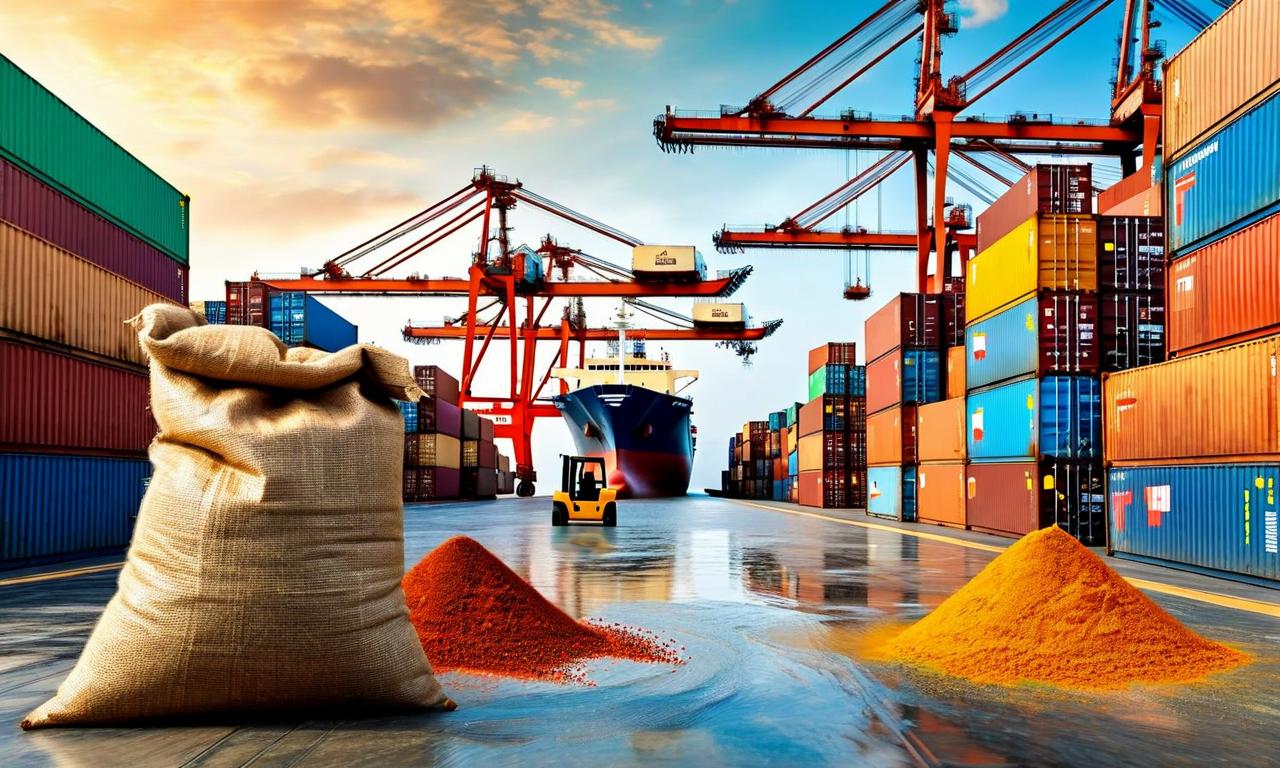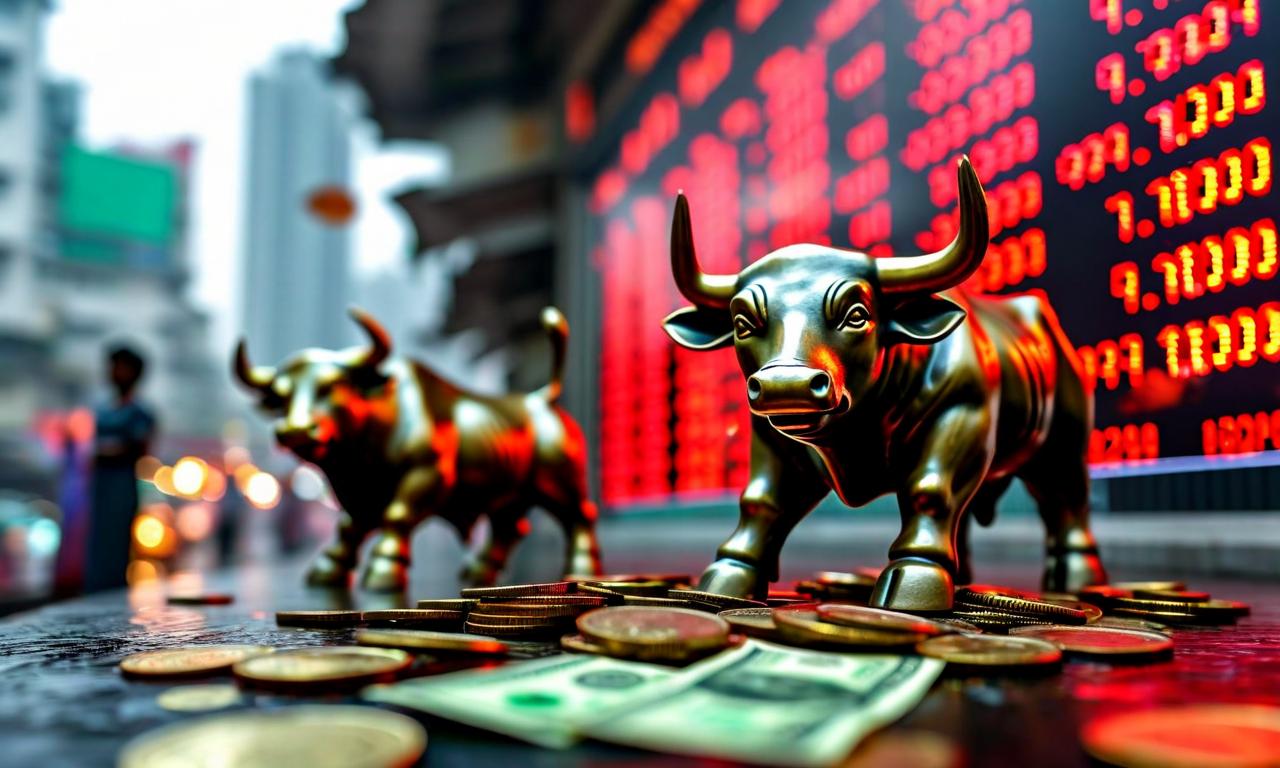Amitabh Kant: Trump's Tariffs a 'Wake-Up Call' for India, Urges Bold Reforms
Amitabh Kant, G20 Sherpa and NITI Aayog CEO, views US tariffs on India as a 'wake-up call'. The US has imposed an additional 25% tariff on select Indian exports, affecting $60.20 billion worth of goods. This could lead to a 70% collapse in affected sectors and a 43% decline in overall shipments to the US. Kant emphasizes the need for bold economic reforms and export market diversification to secure India's long-term economic growth.

*this image is generated using AI for illustrative purposes only.
Amitabh Kant, G20 Sherpa and NITI Aayog CEO, has characterized Donald Trump's recent tariffs on India as a 'wake-up call' for the country, emphasizing the need for bold economic reforms and export market diversification.
Tariffs Target India's Strategic Interests
According to Kant, the tariffs imposed by the United States are not merely about India's purchases of discounted Russian oil. Instead, he argues that they are aimed at India's energy security and strategic autonomy. Kant pointed out the irony in the situation, noting that while the US negotiates with Russia and China, it has chosen to impose tariffs on India.
Significant Impact on Indian Exports
The US has implemented an additional 25% tariff on select Indian exports, bringing the total tariffs to 50% on approximately $60.20 billion worth of Indian goods. This affects a substantial portion of India's annual exports to the US, which total $86.50 billion. In response, India has labeled these tariffs as 'unfair'.
Potential Consequences for Indian Economy
The Global Trade Research Initiative has issued a warning about the potential consequences of these tariffs:
- Exports in affected sectors could collapse by up to 70%
- Overall shipments to the US might decline by 43%
- Labor-intensive sectors such as textiles, gems and jewelry, leather goods, and food products are expected to be significantly impacted
Call for Economic Reforms
In light of these challenges, Kant has urged India to:
- Undertake bold economic reforms
- Diversify export markets
These steps, according to Kant, are crucial for securing long-term growth for India's economy.
Broader Implications
The situation highlights the complex dynamics of international trade relations and the need for countries to adapt to changing global economic landscapes. As India navigates these challenges, the government's response and potential economic reforms will be closely watched by both domestic and international observers.

























